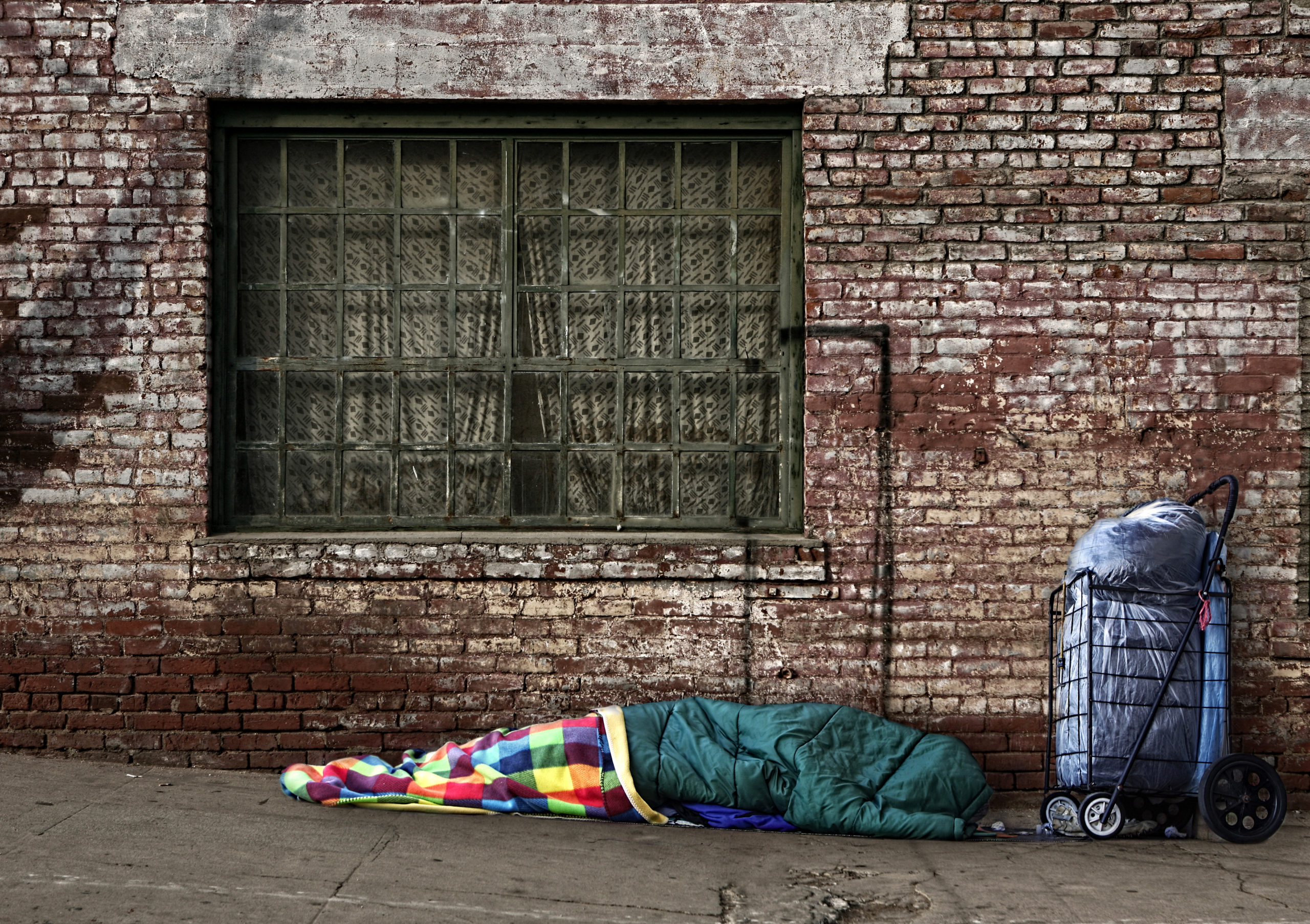For those of us based in Los Angeles, the local homeless crisis is a bitter reality. Tents cover busy streets across downtown, freeway underpasses are filled with encampments and in almost every major neighborhood, you can see people living on the streets. Those looking deeper into the problem know that it is caused by a myriad of issues, but as The Los Angeles Times recently pointed out, meth addiction is a major contributor.
In an article published this week on their site, The Times interviewed several top Los Angeles police officials about the addiction issues plaguing the city’s homeless population. LAPD Chief Michel Moore singled out meth and its rampant growth among lower income Angelenos.
“Generally speaking, opiates are the scourge on the East Coast right now,” Moore told The Times. “But it is meth that is destroying the West. Production has grown beyond small meth labs in the sticks. Now it’s big business for Mexican cartels and major U.S. gang leaders, in and out of prison. Meth puts you in one of the deepest holes to climb out of. It rots people from the inside out and absolutely owns their lives. They will do anything in order to exist on it and pursue it.”
Meth, of course, is also highly addictive and those hooked quickly find themselves losing their jobs, draining their bank accounts and alienating close family members. All key ingredients that can lead someone down a path of homelessness.
The Times did release some research stats about the crisis as well. Though hardly definitive (as many within the population cannot be accurately surveyed or counted), it is believed that at least a third of L.A.’s homeless population are dealing with a substance abuse issue.
Mental illness was also a leading contributor to the segment, but (as we commonly know) addiction and psychoses do often accompany each other. And, truth be told, meth itself can contribute to chemical imbalances in the brain.
L.A. County Department of Health Services rep Dr. Brian Hurley was also interviewed for the piece and openly spoke about the links between meth use and mental health.
“Meth is a huge driver of mental health issues,” Dr. Hurley explained. “Because when you use meth, you can become psychotic and anxious and feel depressed.”
So, in essence, it is not hard to see how the addiction and mental health homelessness issues become closely intertwined. If you or anyone close to you is battling a meth dependency, please reach out and get help before a downslide like this occurs.

Homeless Soul Sleeping on the Streets in a Sleeping Bag Outdoors






